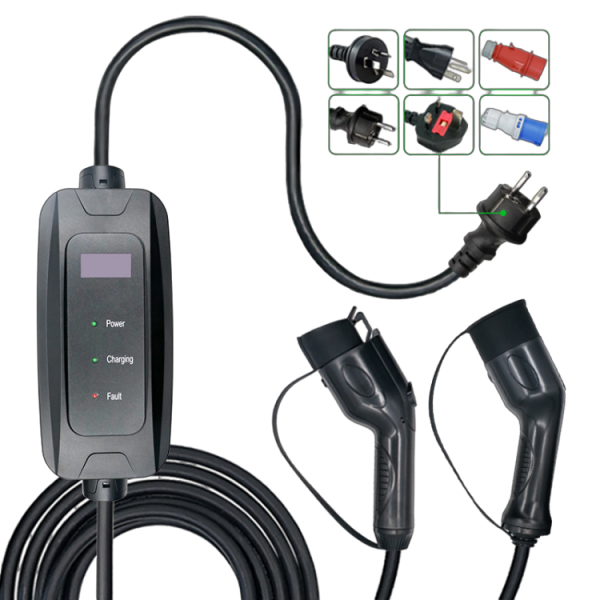Classification of Home Electric Vehicle Charging Equipment:
Level 1 Charging (Standard Household Outlet): This basic charging option uses a standard household outlet (120V) and is suitable for overnight charging. It is the slowest option but requires no special equipment installation.
Level 2 Charging (240V Charging Station): This faster option requires a dedicated 240V circuit installation. It provides quicker charging times and is ideal for daily use.
Level 3 Charging (DC Fast Charging): Typically not for home use due to its high power requirements, Level 3 charging is a rapid charging option found at public charging stations and is not commonly used for residential charging.
Purchase Suggestions for Home Electric Vehicle Charging Equipment:
Assess Your Charging Needs: Determine your daily driving habits, typical distances, and charging requirements to decide the appropriate charging speed and equipment.
Choose the Right Voltage: Opt for Level 2 charging if you require faster charging times. Ensure your home’s electrical capacity can support the increased load.
Select a Reputable Brand: Choose charging equipment from well-known and reputable manufacturers. Look for safety certifications and positive user reviews.
Consider Smart Features: Some chargers offer smart features such as scheduling, remote monitoring, and connectivity to smartphone apps. These can enhance convenience and control.
Installation and Compatibility: Ensure the chosen equipment is compatible with your electric vehicle (EV) model. Professional installation may be required for Level 2 charging stations.
Safety Features: Look for features like ground fault protection and weatherproofing to ensure safe and reliable operation.
Warranty and Support: Check the warranty period and available customer support for the charging equipment. A longer warranty can provide peace of mind.
Cost Considerations: Compare prices, installation costs, and any potential incentives or rebates available for purchasing and installing EV charging equipment.
Future-Proofing: Consider investing in charging equipment that can adapt to evolving EV technologies and standards.
Consult Professionals: If unsure, consult an electrician or an EV specialist to assess your home’s electrical capacity and get recommendations for suitable charging equipment.
Remember that choosing the right home electric vehicle charging equipment involves considering your individual needs, the capabilities of your EV, and the electrical infrastructure of your home.
Type 2 Electric Car Charger 16A 32A Level 2 Ev Charge Ac 7Kw 11Kw 22Kw Portable Ev Charger
Post time: Aug-18-2023










